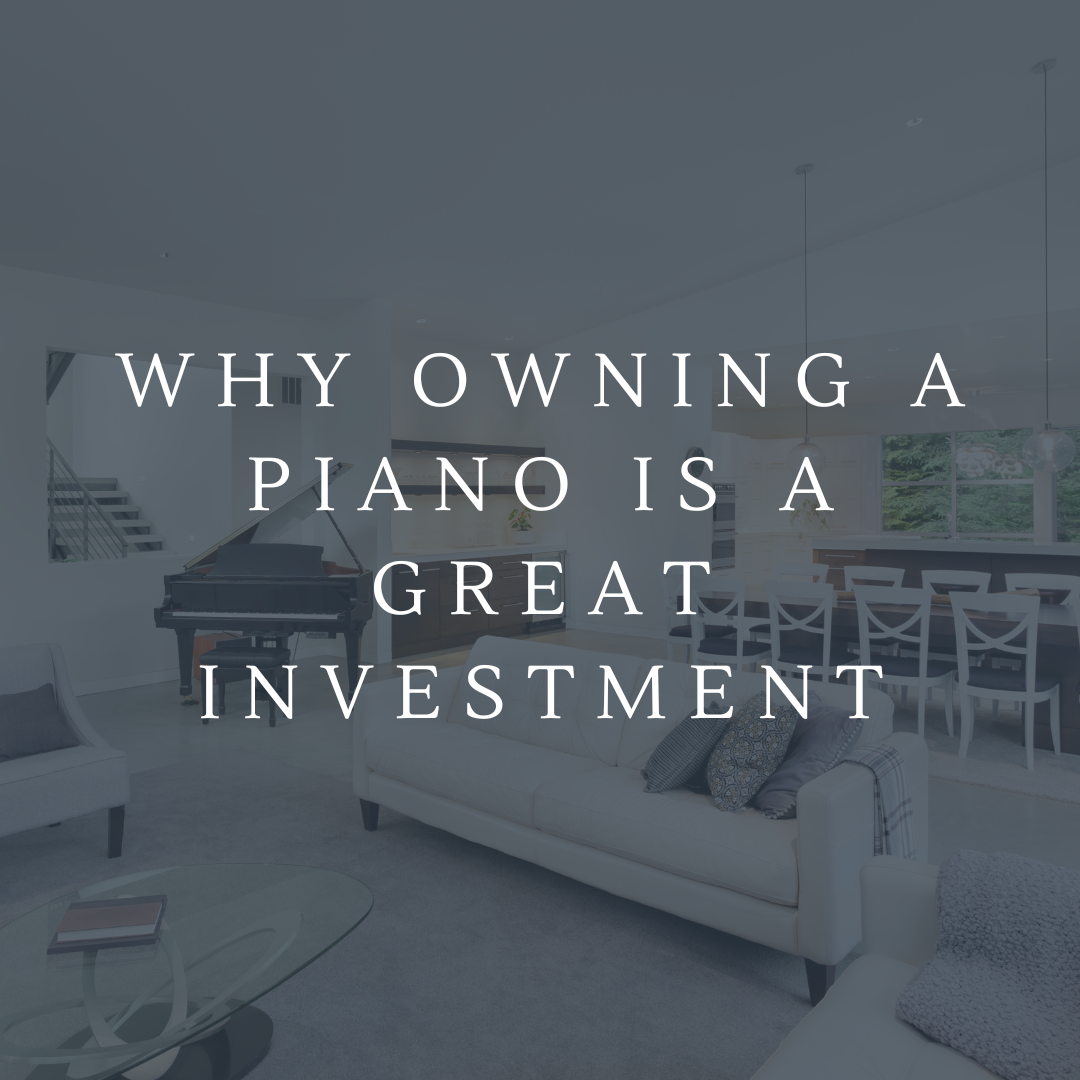
When considering investments, people often think of stocks, real estate, or even fine art. However, one often overlooked yet highly rewarding investment is owning a piano.
A piano is not just a musical instrument; it’s a statement piece. Its elegant design and rich sound can significantly enhance the aesthetic appeal and ambiance of your home. Whether it’s a grand piano in the living room or an upright in a cozy corner, a piano adds a touch of sophistication and charm.
High-quality pianos, especially those from renowned brands, can retain or even increase in value over time if properly maintained. Unlike many other purchases that depreciate, a well-cared-for piano can be a lasting asset. This is particularly true for limited edition or antique models, which can become valuable heirlooms.
Owning a piano offers immense cultural and educational benefits. It provides a platform for learning and appreciating music, fostering creativity, and enhancing cognitive skills. For families, a piano can be a central piece that encourages musical education and shared experiences, enriching the lives of both children and adults.
Playing the piano is known to have numerous emotional and mental health benefits. It can be a great stress reliever, helping to reduce anxiety and improve overall well-being. The act of playing music can be therapeutic, offering a creative outlet and a sense of accomplishment.
With proper care, pianos can last for decades, even generations. Regular maintenance, such as tuning and occasional repairs, ensures that the instrument remains in excellent condition. This longevity makes a piano a durable investment that can be enjoyed by multiple generations.
While pianos do require an initial investment and ongoing maintenance costs, their ability to retain value makes them a sound financial choice. Unlike many other luxury items, a piano’s value doesn’t diminish rapidly, and with proper care, it can even appreciate.
Whether you’re a seasoned musician or a beginner, the joy and benefits of having a piano in your home are immeasurable. So, if you’re considering making a significant and enriching addition to your home, a piano might just be the perfect choice.

Keeping piano students engaged over time requires more than assigning pieces and weekly practice goals. Creativity plays a major role in long-term musical development. When students enjoy the learning process, they are more likely to stay committed.

Live piano music continues to play an important role in events, hospitality spaces, and private gatherings. Unlike background playlists, live piano performances adapt to the atmosphere of the room and the energy of the audience.

Learning piano has never been just about notes, scales, or technique. At its core, piano education is about connection. Connection to music, to emotion, and often to the people around us. The most effective piano lessons are the ones that help students feel something while they play.